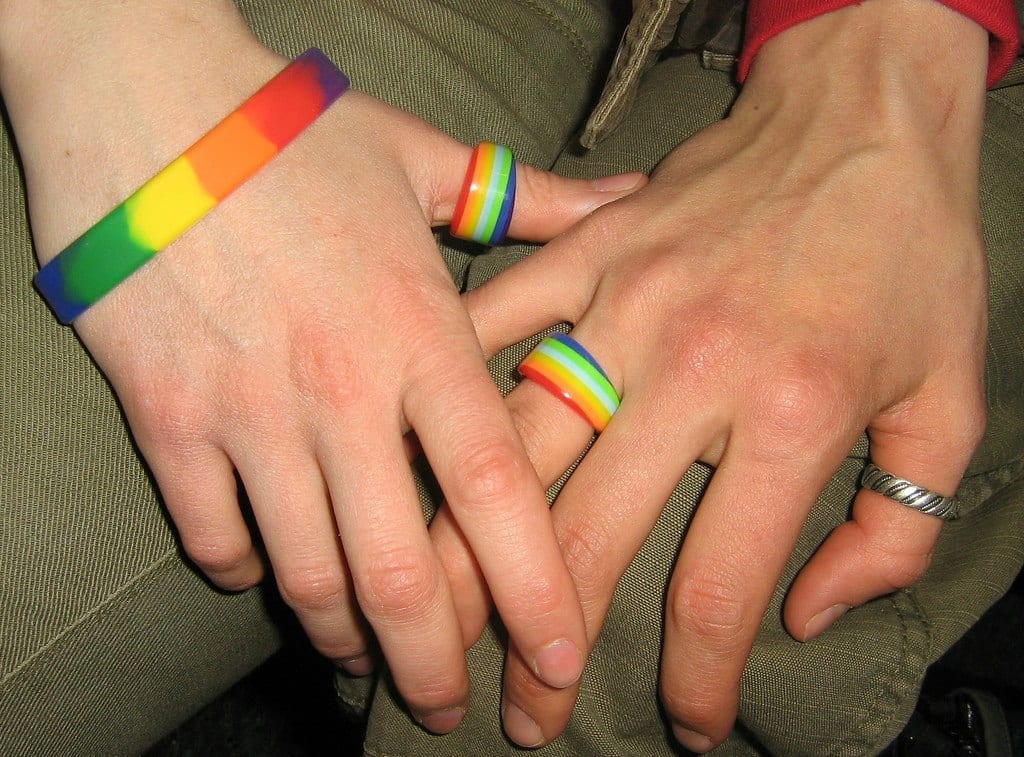If your job application is rejected because the employer is prejudiced against women or members of the LGBT community, you are within your rights to sue them.
New Jersey is an ‘at-will’ state, which means that an employer has considerable freedom when it comes to firing someone. An employer can fire anyone at any moment, with or without a reason. However, they are not allowed to fire an employee based on protected characteristics as defined under the law as this would constitute wrongful termination. If you think you have a case of wrongful termination, you should consider talking to an experienced New Jersey employment lawyer to see what are your legal options.
How are protected characteristics defined in New Jersey?
Public and private employees in New Jersey are doubly protected against workplace discrimination under state and federal laws.
Title VII of the 1964 Civil Rights Act prohibits discrimination based on race, color, sex, religion, or national origin. Age, pregnancy, childbirth and mental or physical disability are also protected characteristics under federal law.
The New Jersey Law Against Discrimination goes much further adding numerous other protected classes. Thus, it it illegal for New Jersey employers to discriminate against employees based on ancestry, familial status, affectional or sexual orientation, gender identity or expression, genetic information, liability for military service, AIDS or HIV status, etc.
Just as an employer cannot fire a woman for being pregnant, they cannot pay less or persecute in any way an employee on their real or perceived sexual orientation or skin color. Yet, such situations are much more common than you’d think and if you want to do something about it you should contact a good employment lawyer in Newark, NJ.

Pexels via Pixabay, www.pixabay.com
The law also protects the rights of those seeking employment. If your job application is rejected because the employer is prejudiced against women or members of the LGBT community, you are within your rights to sue them.
What is the law on sexual harassment in New Jersey?
Even if it is not mentioned as such, sexual harassment is illegal in New Jersey and is considered a form of sex-based discrimination. Although most of the victims of sexual harassment are women, men can also be harassed, and the law also prohibits same-sex harassment as well.
A seasoned New Jersey sexual harassment lawyer can help you fight back, but you need to know exactly what are the steps you must follow.
How do you deal with sexual harassment in New Jersey?
First of all, you need to make it clear you find the behavior of your harasser offensive. In other words, just say No. If that doesn’t deter them, you will have to file an internal complaint with the HR, your direct supervisor or employer. Under New Jersey law, the employer is obligated to investigate your complaint and take appropriate measures to put an end to your harassment.
Often enough, nothing happens and your lawyer will help you file a complaint with the NJ Division on Civil Rights or the federal Equal Employment Opportunity Commission. These organizations will conduct their own investigation and try to negotiate a settlement between you and your employer. If that is not possible, you may be issued a notice to sue allowing you to take your employer to court.


Join the conversation!